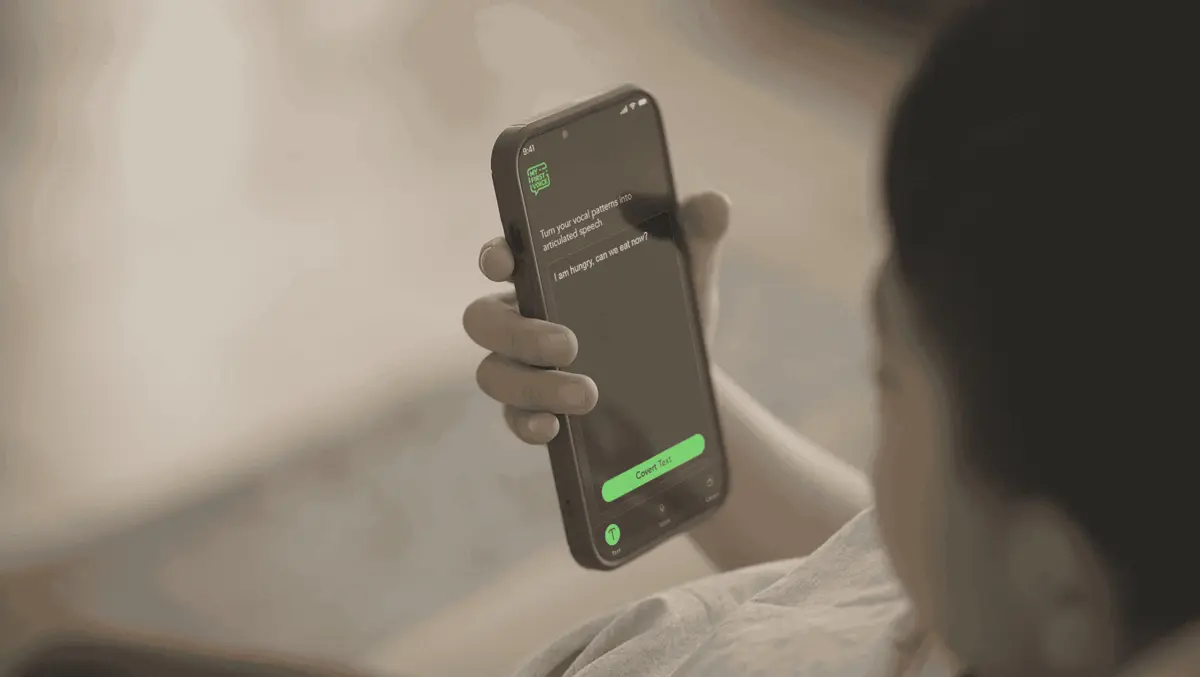
AI project empowers non-verbal children with unique voices
S4 Capital's Monks has collaborated with the Centre for Community Initiative (CCI) to harness artificial intelligence to assist non-verbal children in communicating more effectively using their unique voice tones.
Monks and CCI have announced their joint project, 'My First Voice', which aims to provide nonverbal children in India with the ability to communicate in a voice that mirrors their natural tone and texture. By implementing AI voice cloning technology, they seek to offer these children a means of meaningful interaction, especially focusing on those with speech impairments arising from conditions such as Autism Spectrum Disorder, cerebral palsy, and other developmental disorders.
The approach utilises AI to replicate the personal voice characteristics of children, training on the patterns and nuances of their vocal sounds, such as hums and grunts, as well as samples from their family members to achieve a close rendition of the child's own voice.
Pauzagin Tonsing, Director and Founder of CCI, commented on the challenges faced by parents of children with disabilities: "There are many children with disabilities, even in a remote town like ours, but the biggest challenge is diagnosis and acceptance by parents because of so much stigma around them. Only with acceptance are we able to move on to their education and therapy needs. My own son was born with a disability, and with other parents and community, we dreamed of having a place where we could send our children to learn and grow, just like everyone else's children — that was the birth of CCI."
He further stated the difficulties CCI faces and the role of technology: "We struggle with resource mobilisation in terms of special educators, infrastructure, and money, but the community comes together to support the children and their families."
The 'My First Voice' initiative addresses the social isolation many parents experience due to the stigma and lack of understanding surrounding nonverbal conditions. As illustrated by Patrick's mother, Christie, "When people hear Patrick, they stare and point because he sounds different; he cannot speak like them. I feel embarrassed taking him out too much because I don't want them to stare at us and talk about us. So we leave quickly."
The development of this solution involved creating a real-time AI interface that allows children to communicate with a voice that sounds like their own. This is achieved by collecting extensive voice data from nonverbal children and their families.
John Paite, Chief Creative Officer of Monks in India, explained the complexities of the technology development: "Creating truly natural AI-generated voices for non-verbal children required a hyper-personalised approach. Unlike conventional speech models, our dataset consisted of unstructured voice data, often unclear, mumbled, or lacking distinct articulation, making the training process significantly more challenging. Standard AI models couldn't capture these nuances, so we had to rethink conventional training methods. By fine-tuning multiple parameters and finding workarounds for custom accent training, we develop a solution that mirrors each child's unique vocal identity."
The project was successful in its initial pilot, with several families reporting emotional milestones, such as hearing their children's voices express messages and emotions for the first time. "These days, almost every home has a smartphone, which can be the biggest learning opportunity," noted Pausuanlal Guite, Head of School Administration at CCI.
Monks' plan to expand this initiative with CCI aims to further scale the technology's reach, providing more families with access to this voice tool across India while potentially influencing other global nonprofits to contribute to the cause's momentum.


